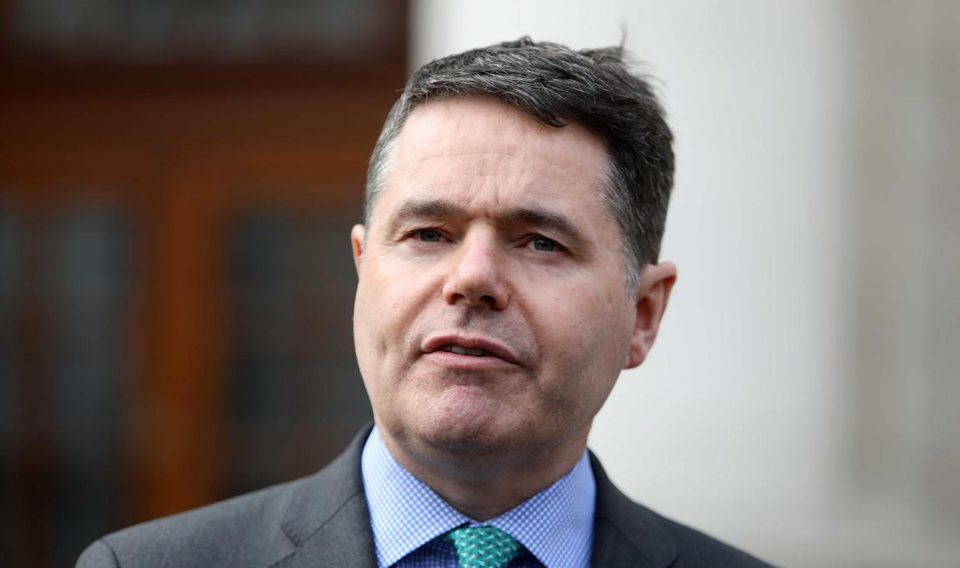
BRUSSELS, May 4, 2022 (BSS/AFP) - A plan to complete the EU's long-delayed banking union was put to bloc finance ministers on Tuesday, with hopes that Germany would drop its opposition. Eurogroup chief Paschal Donohoe, Ireland's finance minister, asked his peers to consider the basic principles of an EU-wide deposit insurance scheme.
This, if enacted, would be the last of a series of measures to have taken effect since the 2008 financial crisis, designed to hand oversight of Europe's biggest lenders to the European Central Bank.
"After many years of intense discussions, we now know each other's viewpoints well and I made the case for compromise," Donohoe told reporters after the meeting of 27 ministers.
"I made the case for trying to move forward now. Obviously, I'm certainly not saying that our differences have been settled," he added.
If passed, the reform would be a major breakthrough in creating deeper European unity.
Northern nations like Germany have long been reluctant to embrace the scheme, fearing that they would end up on the hook to pay the bills for less financially prudent neighbours. Heavily-indebted Italy is also expected to resist the reform as it would forbid the country's fragile banks from keeping themselves afloat by making big purchases of Italian government borrowing.
To break the deadlock, Donohoe will ask ministers on Tuesday to consider a two-phase path to the scheme that would stretch out over years.
Right now, European depositors are insured up to 100,000 euros, financed by the EU's national governments.
But many EU countries are seen as vulnerable to financial shocks like those suffered by Ireland, Spain or Greece during the Lehman Brothers crisis that began in 2008.
After formally hearing the plan on Tuesday, EU ministers are expected to haggle over the details at a meeting in June.
If given the go-ahead, the European Commission would draft a legal proposal by the end of the year that would also require the approval of the European Parliament.
"As in any negotiation, we can get there if we all keep our eyes on the big prize," said Paolo Gentiloni, the EU's economic affairs commissioner.